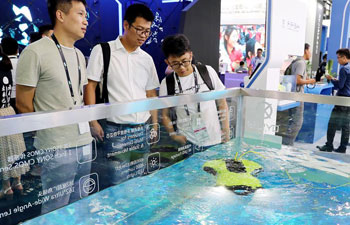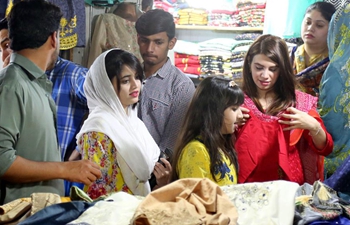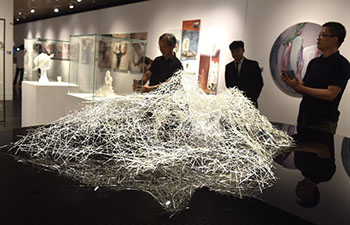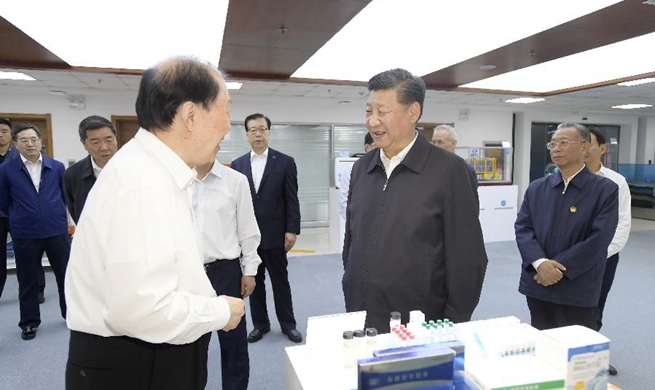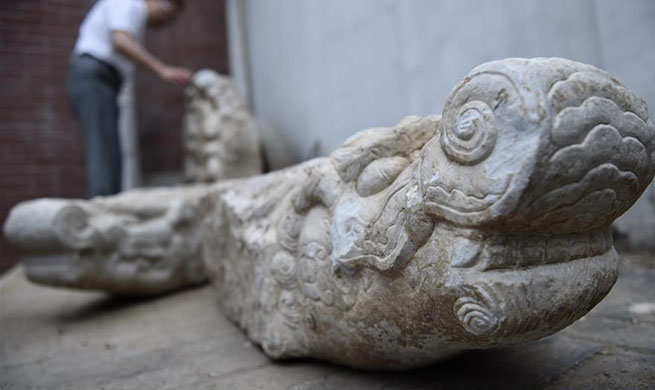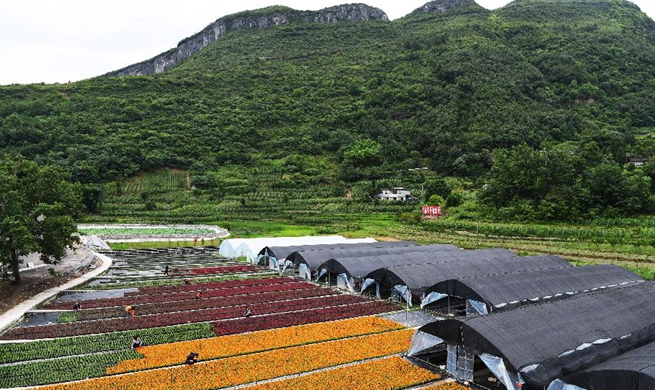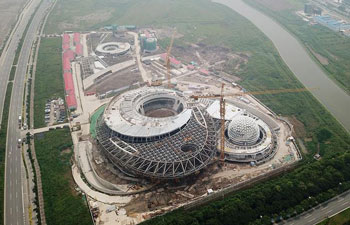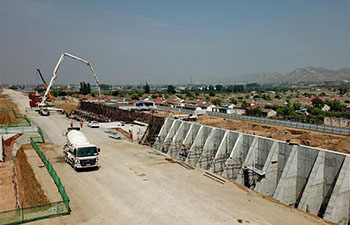By Pankaj Yadav
NEW DELHI, June 12 (Xinhua) -- India has indigenously developed "lithium-ion" (Li-Ion) cells technology, said a scientist who worked on the project for five years.
India presently imports Li-Ion batteries from countries such as China, Japan and South Korea, among others.
The development of the Li-Ion cells technology will lead to cost-cutting by up to 20 to 30 percent, said the scientist.
The milestone was achieved with the joint effort of the "Central Electro Chemical Research Institute (CECRI)", based in southern state of Tamil Nadu and the Council of Scientific and Industrial Research's (CSIR) lab in New Delhi.
Now, the CECRI and the RAASI Solar Power Private Limited have signed an agreement for transfer of technology and further commercialisation of the project, said Jonas Davidson, the principal scientist and the business development officer with CECRI.
"This project took us five years to complete. This development of the technology would lead to cost cutting in the manufacturing of Li-Ion batteries in India to the extent of 20 to 30 percent compared to the cost at which we import them from other countries," Davidson told Xinhua.
CSIR-CECRI has set up a demonstration facility in Chennai, capital of the Indian state of Tamil Nadu, to manufacture prototype Li-Ion cells.
India is one of the largest importers of Li-Ion batteries. In 2017, it imported nearly 150 million U.S. dollars worth of such batteries.
In an official statement, the country's Science and Technology Minister Harsh Vardhan said that the indigenous development of Li-Ion battery technology will give tremendous boost to two flagship programs of Prime Minister Narendra Modi -- increasing the share of clean energy in the energy basket by generating 175 gigawatts by 2022 and the second "National Electric Mobility Mission" to switch completely to electric vehicles by 2030.
"The development of the technology is a validation of the capabilities of CSIR and its laboratories to meet technology in critical areas to support our industry, besides other sectors," added the minister.




